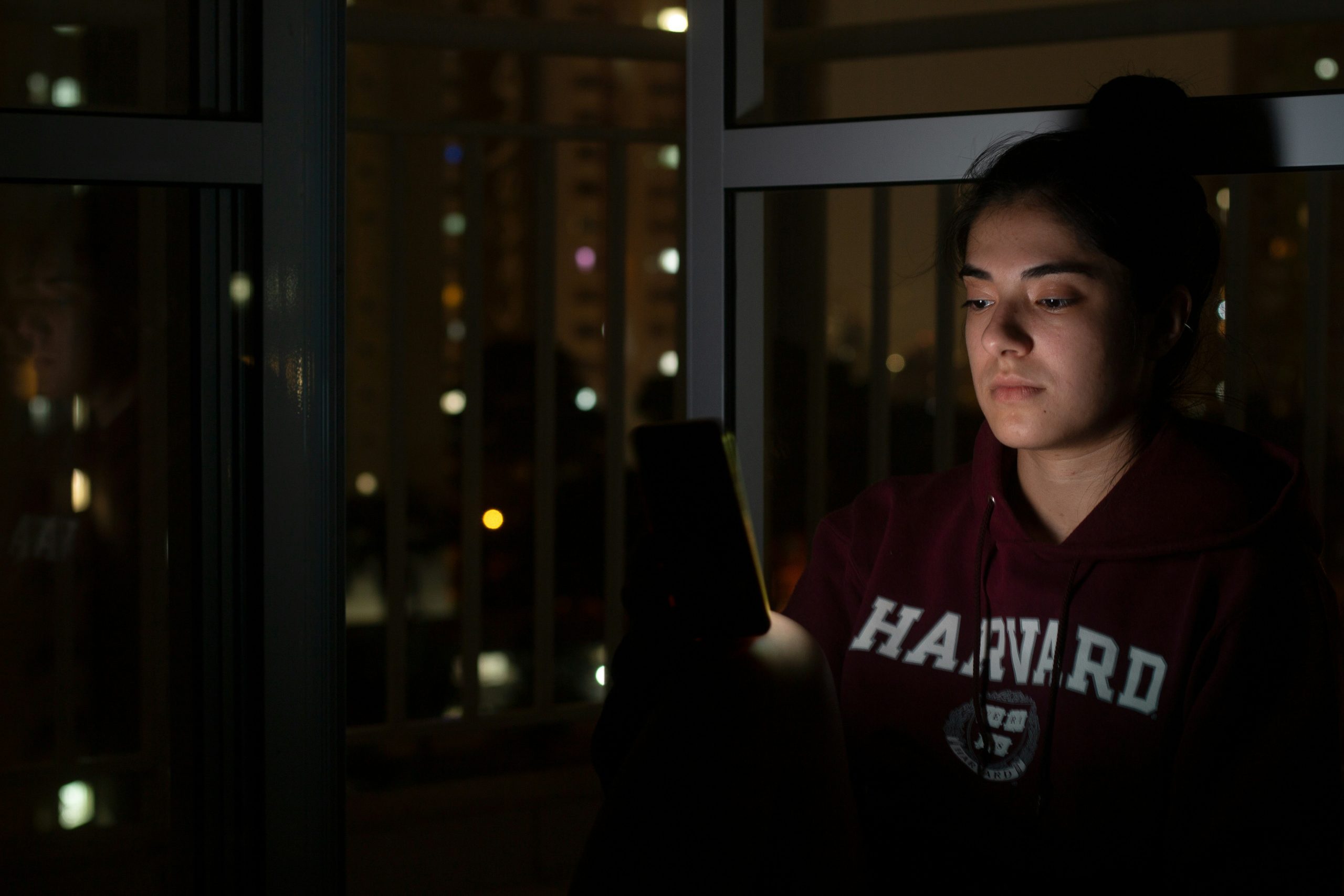 The Trump administration is not letting up on its campaign to target international students applying for visas at U.S. Embassies and Consulates, beginning with Harvard University students.
The Trump administration is not letting up on its campaign to target international students applying for visas at U.S. Embassies and Consulates, beginning with Harvard University students.
On Friday May 30, 2025, the Secretary of State Marco Rubio sent an internal cable to U.S. Embassies and Consulates worldwide requiring them to “immediately begin additional vetting” for all applicants seeking a visa to travel to Harvard University “for any purpose.”
While the internal cable is not publicly available, its contents have been reviewed by several prominent media outlets including Politico and CNN.
According to their reports, the cable indicates that the State Department has adopted a new policy requiring Consulates and Embassies to review the social media accounts of all nonimmigrant visa applicants seeking to attend Harvard University, including prospective students, current students, faculty members, contractors, guest speakers, and even tourists visiting the university. This initiative, directed by Secretary of State Marco Rubio through a diplomatic cable, is set to begin immediately and serves as a pilot program that is expected to expand to other U.S. schools, colleges, and universities.
The policy specifically targets the identification of antisemitic content and antisemitic viewpoints published on online social media platforms. The cable notes, “the enhanced vetting measures described in this guidance aim at ensuring that consular officers can appropriately identify such visa applicants with histories of antisemitic harassment and violence, and to duly consider the visa eligibility under U.S. immigration law.” Notably, the cable does not specify what specifically would indicate “inadmissible antisemitism” nor does it define online activities that would render an individual ineligible for a visa.
Consular officers are instructed to conduct comprehensive screenings of applicant’s social media accounts, including those set to private. The cable notes that consular officers should determine, either in pre-screening or an interview, if the applicant is seeking to travel to Harvard, and such applicants should be refused a visa “pending review of their online presence.”
Applicants with limited visibility or no online social media presence may be “reflective of evasiveness or call into question the applicant’s eligibility,” for the visa they are seeking according to the cable. Officers are authorized to request that applicants make private accounts public for review by its Fraud Prevention Unit during the visa interview process or risk a presumption of evading the vetting process.
The cable notes that the FPU “should conduct a comprehensive and thorough vetting of each such applicant, including social media activity … and more generally any online presence, to identify possible inadmissibilities, information suggesting the applicant intends to engage in activities inconsistent with the visa classification sought, or other information that might call into question the applicant’s credibility.”
Furthermore, if consular officers “are not personally and completely satisfied that the applicant, during his time in the United States, will engage in activities consistent with his nonimmigrant visa status,” they are instructed to refuse the visa.
How Did We Get Here?
This move is part of the Trump administration’s broader efforts to intensify scrutiny of foreign students, particularly in response to recent campus protests over Israel’s military actions in Gaza. The administration has aggressively criticized Harvard University for allegedly failing to address antisemitism and has taken extreme retaliation, including blocking visa applications, suspending its ability to enroll international students, cutting funding, and engaging in litigation with the university.
The implementation of this policy marks a significant escalation in the federal government’s pressure on elite academic institutions and will likely lead to broader social media vetting for foreign students seeking to attend U.S. colleges. As we previously reported the administration is also increasing scrutiny of Chinese nationals in sensitive academic fields, further complicating the student visa application process.
The State Department has not publicly acknowledged its new social media vetting policies and has not provided guidance on what constitutes disqualifying antisemitic content, raising concerns about the subjective nature of the screenings and potential impacts on academic freedom and free speech. As the policy unfolds, its implications for international students and U.S. higher education institutions remains unsettled.
This cable comes on the heels of a separate cable sent to Embassies and Consulates last week that suspended all new student visa appointments while posts prepare to expand social media vetting.
Contact Us. If you would like to schedule a consultation, please text 619-483-4549 or call 619-819-9204.
Helpful Links
- BREAKING: Trump Aggressively Targets International Students in New Visa Policies, Launches Assault on Higher Education
- U.S. State Department orders embassies to ‘immediately begin additional vetting’ for anyone seeking a visa to travel to Harvard
- Judge directs Trump officials to lift pause on certain immigration applications
- DHS Announcement: Harvard University Loses Student and Exchange Visitor Program Certification for Pro-Terrorist Conduct
- Harvard Files for Preliminary Injunction In Lawsuit Against DHS
- Judge blocks Trump administration’s effort to bar Harvard from enrolling international students
- DOS Announcement: New Visa Policies Put America First, Not China
- Visa Bulletin
- Adjustment of Status Filing Dates from Visa Bulletin
- Know your Rights if ICE visits your home or workplace
- Know your Rights Card (English)
- Know your Rights Card (Spanish)
- ICE Online Detainee Locator System
- ICE Immigration Detention Facilities
- USCIS Processing Times
- ImmigrationLawyerBlog
- ImmigrationU Membership
- Success stories
- Youtube channel
JOIN OUR NEW FACEBOOK GROUP
Need more immigration updates? We have created a new facebook group to address the impact of the new executive orders and other changing developments. Follow us there!
 Visa Lawyer Blog
Visa Lawyer Blog

